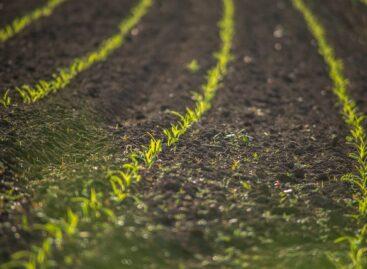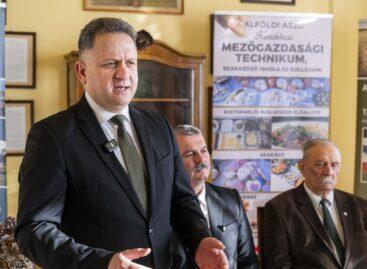The EU has accepted Hungary’s strategic plan for the common agricultural policy
The European Commission has approved Hungary’s 8.4 billion euro (about HUF 3,400 billion) strategic plan for the 2023-2027 period of the EU’s common agricultural policy (CAP), the Brussels body informed on Monday.

(Photo: PIxabay)
The EU Commission announcement highlighted that, according to the adopted strategic plan, Hungary will spend at least 2 billion euros of the amount available to it for green programs and environmental protection and climate goals, and 186 million euros to support the activities of farmers and ensure their fair income. In its justification, the European Commission wrote: the adoption of the Hungarian plan was led by the fact that it offers a wide range of measures aimed at a fairer distribution of financial support, and also intends to support the start-up of at least 8,800 young farmers, and among its priorities is the modernization of approximately 7,700 already operating farms. It was also announced that Hungary will allocate 38 percent of the rural development budget to the implementation of agri-environmental protection measures, 8 percent to the development of ecological farming, and 5 percent to the protection of the areas covered by the Natura 2000 EU program covering 162,631 hectares. Hungary has also undertaken to double the size of the area dedicated to organic farming by 2027 – it was highlighted.
The planned Hungarian programs contribute to sustainable nutrient management, as well as reducing the use of fertilizers and ammonia emissions
And the rural development measures will help develop local handicrafts and small industries, strengthen the economic activities of local micro and small businesses, and boost local ecotourism and local gastronomic and cultural festivals. About 30 percent of the rural population will benefit from more accessible services, and the projects supported by the plan will create at least 7,000 new jobs – the EU committee justified its decision.
The new common agricultural policy (CAP) for the period 2023-2027, which will start on January 1, aims to shape and help the transition to a sustainable, resilient and modern European agricultural sector. Its implementation will be the cornerstone of food security and agricultural producers in the European Union, they added.
MTI
Related news
CBAM causes market disruption
🎧 Hallgasd a cikket: Lejátszás Szünet Folytatás Leállítás Nyelv: Auto…
Read more >The government provides significant funding to support the development of crop dryers
🎧 Hallgasd a cikket: Lejátszás Szünet Folytatás Leállítás Nyelv: Auto…
Read more >








